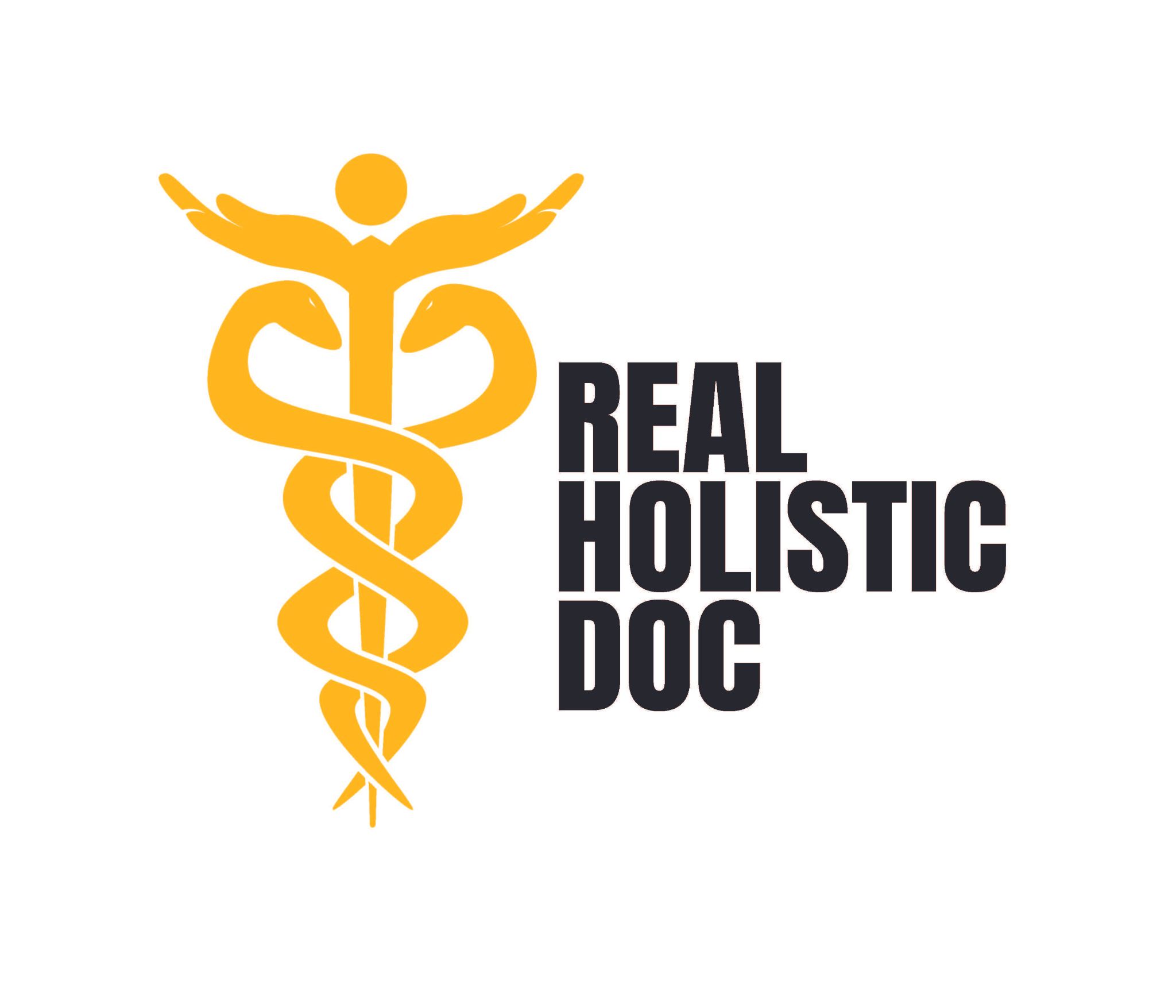Does vitamin C support your immune system? You bet it does! And here’s how…
The immune system is second in complexity only to the brain. In an optimally healthy body, vitamin C is an essential micronutrient for humans, with multiple functions related to its ability to donate electrons which includes supporting your immune system.
This makes it a potent antioxidant and a cofactor for gene regulatory enzymes. Vitamin C contributes to immune defense by supporting various cellular functions of both the innate and adaptive immune system.
Vitamin C prevents pathogens and promotes the oxidant scavenging activity of the skin, thereby potentially protecting against environmental oxidative stress.
It accumulates in neutrophils (a type of white blood cell) and can enhance chemotaxis, phagocytosis, generation of reactive oxygen species, and ultimately kills bacteria and viruses.
It also clears the debris from sites of infection by macrophages, thereby decreasing potential tissue damage. The role of vitamin C in lymphocytes is less clear, but it has been shown to enhance differentiation and proliferation of B- and T-cells, likely due to its gene regulating effects.
What happens if you do not have enough vitamin C?
Vitamin C deficiency results in weakened immunity and higher susceptibility to infections.
In turn, infections significantly deplete vitamin C levels due to enhanced inflammation and metabolic requirements.
Supplementation with vitamin C both prevents and treats respiratory and systemic infections.
Prophylactic prevention of infection requires dietary vitamin C intakes ideally of 1,000 to 2,000 mg daily for an average adult.
More serious infections my require 50 to 75 grams of vitamin C which must be given intravenously and moderated with B complex, vitamin B 12, folic acid, glutathione, magnesium and calcium.
What other vitamins and minerals are necessary for a healthy immune system?
Vitamin C does support your immune system. But it is not the only vitamin or mineral that does so.
Vitamin C powers up your immune system, however vitamin D3 is even more vital to immune competence. D3 works synergistically with vitamin K2, zinc, B complex and various antioxidants to keep you healthy.
Obviously, vitamins and minerals are not the only essentials for a healthy immune system. A healthy Body Mass Index (BMI) of 18 to 24 is also essential. Every point above 24 weakens your immune system and increases your risk of all diseases, not just infections.
What are other therapeutic uses for vitamin C?
Virtually all allergies are the result of inadequate vitamin C.
For almost 50 years we have used large doses of vitamin C intravenously to treat infections and many types of cancer.
Chronic Lyme disease, fungus infections and fibromyalgia are additional immune illnesses where large doses of IV vitamin C can be curative and highly superior to antibiotics.
In any chronic inflammatory condition, vitamin C can be highly superior to pharmaceuticals. The best test to have if you want to know your inflammation status is High Sensitivity C Reactive Protein. A level above one is an indication for more vitamin C!
Shealy reported that two grams of vitamin C and one gram of MSM daily increases DHEA 60%, although neither of them taken alone will raise DHEA, the anti-stress hormone. Natural progesterone, magnesium lotion and application of Fire Bliss also raise DHEA so that all four approaches raise DHEA a whopping 250%. This is one of the best health enhancing tools known.
Can you take too much vitamin C?
Albert Szent-Gyorgyi discovered vitamin C and reported that he took 10,000 mg daily. Of course, Linus Pauling is reported to have taken 25 grams daily! Most individuals have diarrhea somewhere between 5 and 10 grams daily. So, these massive doses are not generally recommended.
Interestingly, taking more than 100 grams of vitamin C daily increases the risk of calcium oxalate kidney stones, but that it is totally prevented if you take adequate B6 of 100 mg daily. Indeed, we recommend all adults take at least 25 mg of B complex and 100 mg is quite safe daily.
Does vitamin C support your immune system? Hopefully, now you can also answer this question with an absolutely. It is really the major support of optimal immune health. It is far superior to most antibiotics. In fact, a day without vitamin C is a day at risk!
Norman Shealy, M.D., Ph.D. is the father of holistic medicine. Dr. Sergey Sorin is a holistic physician as well as the CEO and medical director of the Shealy-Sorin Wellness Institute. Both doctors recommend the Biogenics System as part of your overall commitment to self-health and enhancing your positivity.
References
- Parkin J., Cohen B. An overview of the immune system. Lancet. 2001;357:1777–1789. doi: 10.1016/S0140-6736(00)04904-7. – DOI – PubMed
- Maggini S., Wintergerst E.S., Beveridge S., Hornig D.H. Selected vitamins and trace elements support immune function by strengthening epithelial barriers and cellular and humoral immune responses. Br. J. Nutr. 2007;98:S29–S35. doi: 10.1017/S0007114507832971. – DOI – PubMed
- Webb A.L., Villamor E. Update: Effects of antioxidant and non-antioxidant vitamin supplementation on immune function. Nutr. Rev. 2007;65:181. doi: 10.1111/j.1753-4887.2007.tb00298.x. – DOI – PubMed
- Burns J.J. Missing step in man, monkey and guinea pig required for the biosynthesis of l-ascorbic acid. Nature. 1957;180:553. doi: 10.1038/180553a0. – DOI – PubMed
- Nishikimi M., Fukuyama R., Minoshima S., Shimizu N., Yagi K. Cloning and chromosomal mapping of the human nonfunctional gene for l-gulono-gamma-lactone oxidase, the enzyme for l-ascorbic acid biosynthesis missing in man. J. Biol. Chem. 1994;269: 13685–13688. – PubMed
